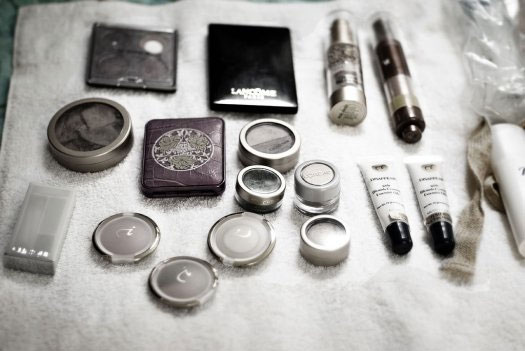Identifying human genes that respond to cosmetics
Scientists at Lund University (Sweden) have identified 200 genes that are chemically sensitive in humans. This has the ability to completely replace or significantly reduce animal experiments.
Recently, scientists at Lund University (Sweden) have succeeded in finding the type of human cells that respond to cosmetics, replacing the animal test that has long been opposed.

Swedish scientists have identified 200 human genes that respond to cosmetic chemicals. (Source Popsci)
Scientists have identified 200 genes that are chemically sensitive when considering the reaction of white blood cells in humans that respond to chemicals in cosmetics.
"This has the ability to completely replace or significantly reduce animal experiments," the study's author said.
In the United States, animals are always used frequently in studies of toxicity and allergens in cosmetics, detergents and oils. However, this type of test is banned in the European Union in 2009.
Successful research is not only good for animals but also for accurate results.
- Instructions on how to distinguish the most real and fake cosmetics
- Difficulty in identifying genes 'smart'
- The unpredictable harm from Chinese scientists' genetic modification experiment
- Looking back at 10 years of publication of human gene map
- Wukong recognizes the benefits of decoding human genes
- 'Gene therapy' Near or far?
- The United States does not allow copyright to human genes
- African gorillas: 98% of genes are like human genes
- Children who respond poorly when naming may be autistic
- Instructions for viewing the shelf life of cosmetics
- Decoding the Vietnamese gene to improve the race
- Human genome mystery
 Green tea cleans teeth better than mouthwash?
Green tea cleans teeth better than mouthwash? Death kiss: This is why you should not let anyone kiss your baby's lips
Death kiss: This is why you should not let anyone kiss your baby's lips What is salmonellosis?
What is salmonellosis? Caution should be exercised when using aloe vera through eating and drinking
Caution should be exercised when using aloe vera through eating and drinking